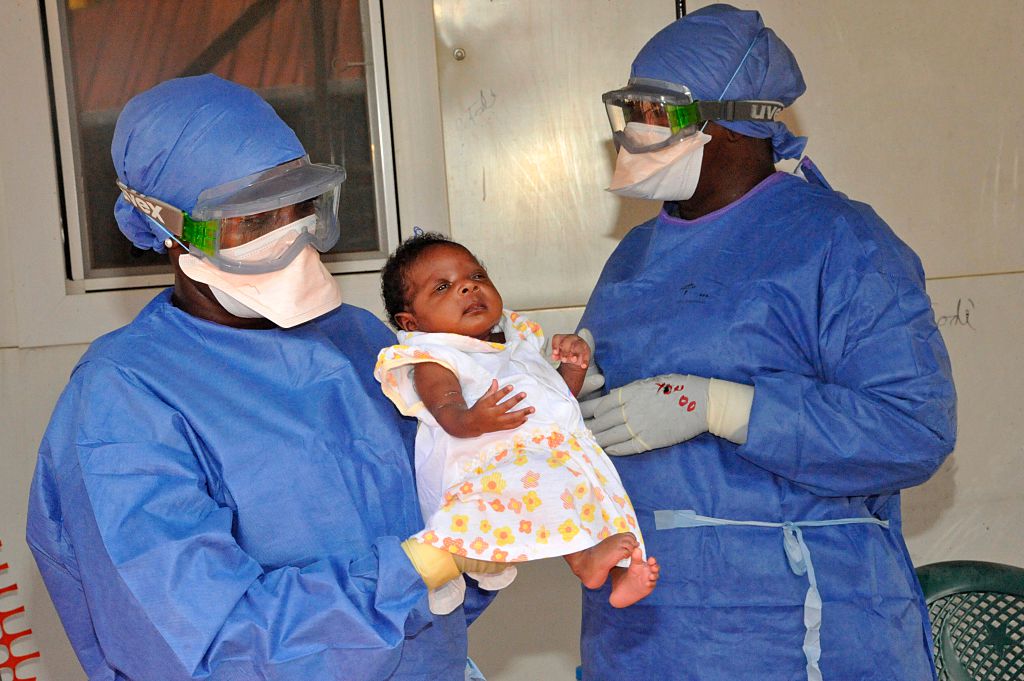WHO declares Guinea Ebola-free, marking end of long, deadly West African epidemic


A free daily email with the biggest news stories of the day – and the best features from TheWeek.com
You are now subscribed
Your newsletter sign-up was successful
On Tuesday, the World Health Organization said that Guinea no longer has transmission of the Ebola virus for the first time since a deadly epidemic swept the country and two neighbors, Sierra Leone and Liberia, starting in December, 2013. Barring any hidden cases, this marks the end of the outbreak, which killed more than 11,000 people and sickened 28,000 more in 10 countries, sowing panic around the world. "This is a very big victory for the nation and the people of Guinea," said Fode Tass Sylla, a spokesman for the country’s Ebola task force.
The milestone in Guinea means that two 21-day incubation periods have come and gone since the last Ebola infection, in a 3-week-old girl who survived (and is pictured above). Public health officials will be watching the country closely over the next three months in case the virus re-emerges, as it did in Liberia. Guinea isn't waiting to celebrate the end to its long ordeal: On Wednesday, the government is planning a celebration in Conakry, the capital, with popular musicians helping end the dark year on a happier note.
A free daily email with the biggest news stories of the day – and the best features from TheWeek.com
The Week
Escape your echo chamber. Get the facts behind the news, plus analysis from multiple perspectives.

Sign up for The Week's Free Newsletters
From our morning news briefing to a weekly Good News Newsletter, get the best of The Week delivered directly to your inbox.
From our morning news briefing to a weekly Good News Newsletter, get the best of The Week delivered directly to your inbox.
Peter has worked as a news and culture writer and editor at The Week since the site's launch in 2008. He covers politics, world affairs, religion and cultural currents. His journalism career began as a copy editor at a financial newswire and has included editorial positions at The New York Times Magazine, Facts on File, and Oregon State University.
